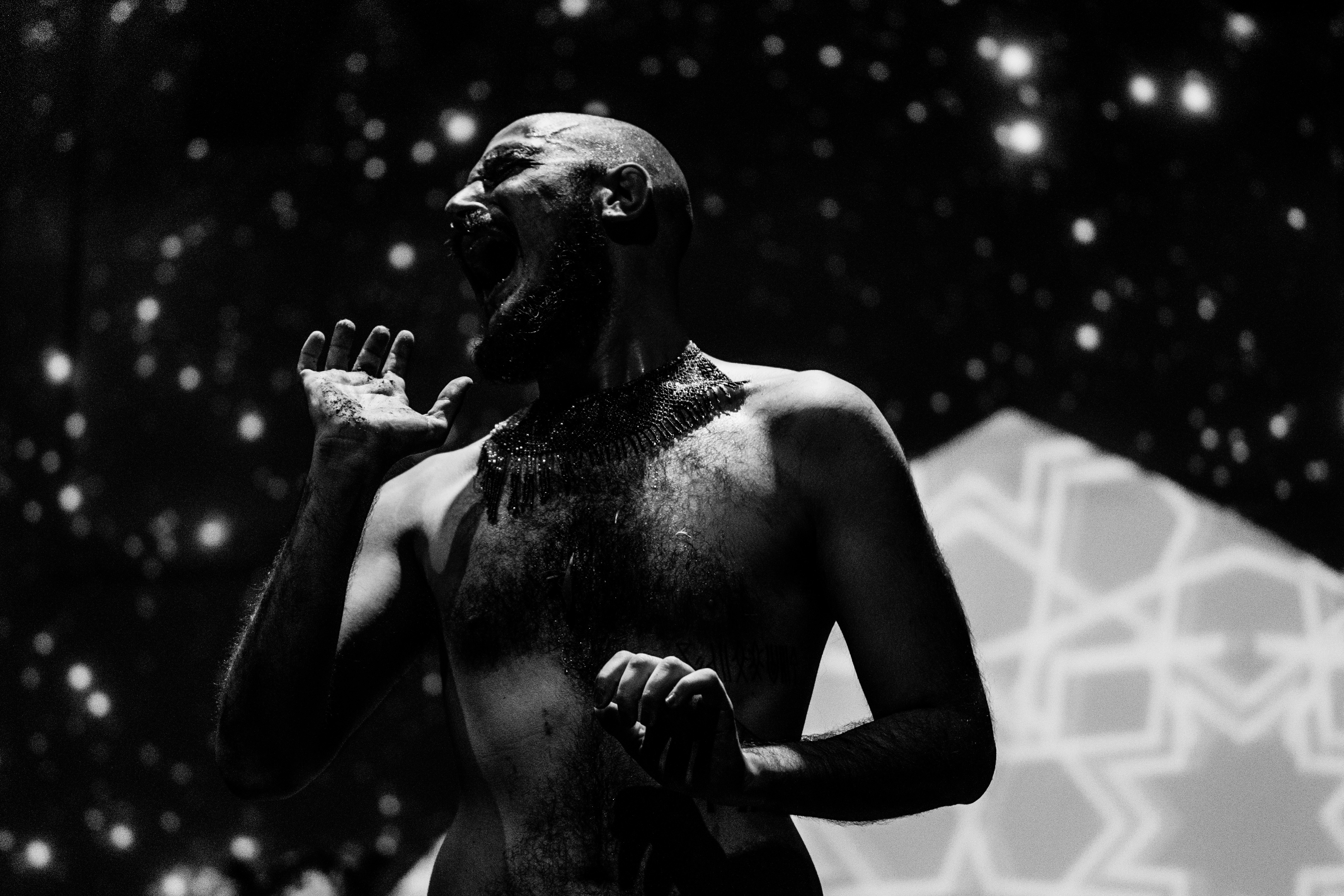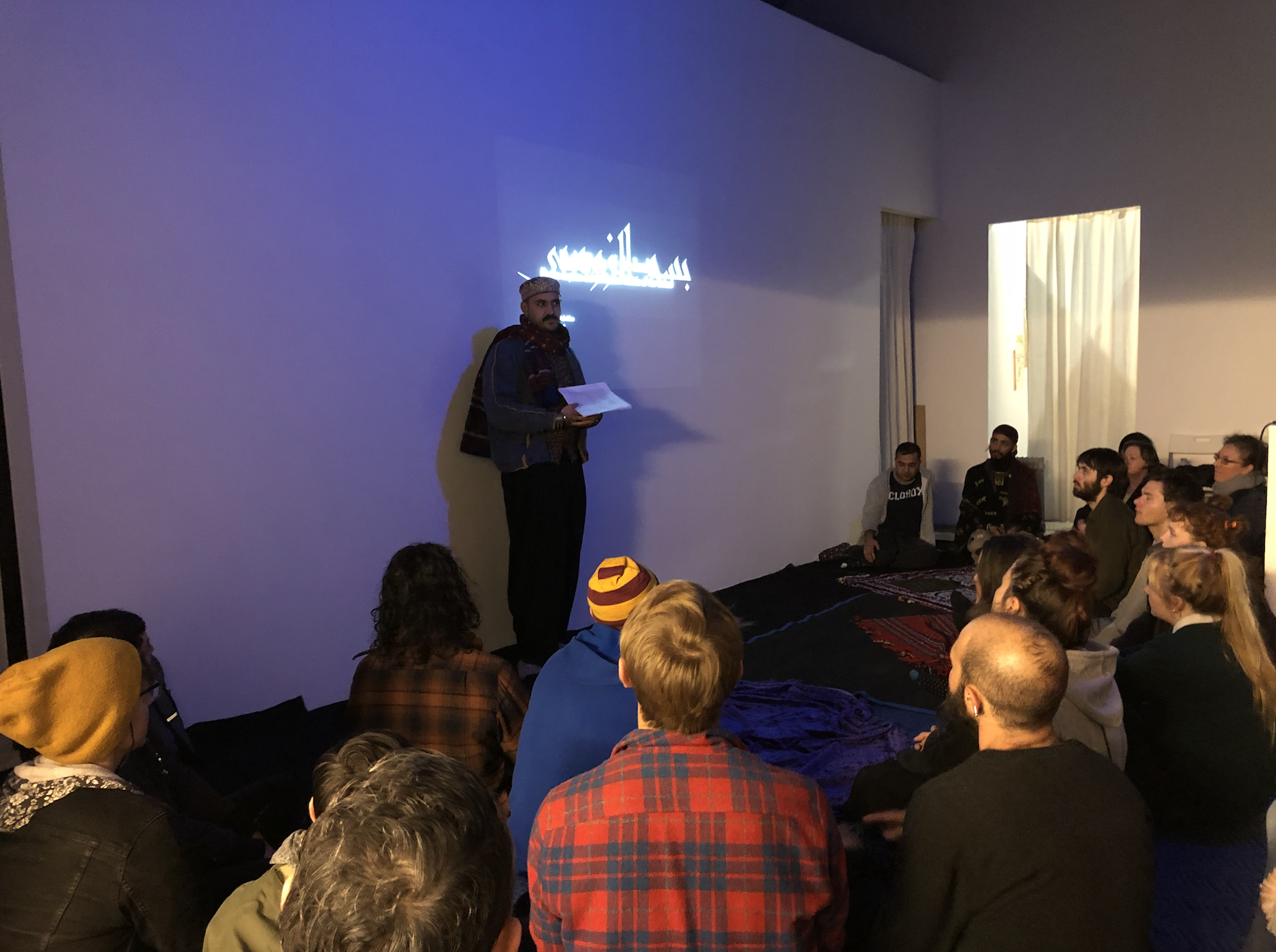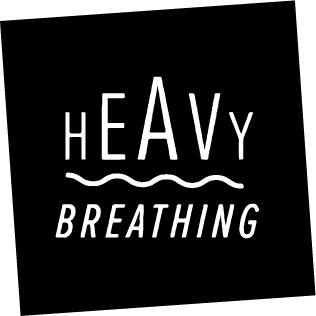December 14, 2019
Zulfikar Ali Bhutto: In the Name of the Zombie
CTRL+SHFT, Oakland
 Zulfikar Ali Bhutto as Faluda Islam. Projections by Anum Awan in Tomorrow We Inherit the Earth: The Queer Intifada. CounterPulse, 2019. Photo by Robbie Sweenie
Zulfikar Ali Bhutto as Faluda Islam. Projections by Anum Awan in Tomorrow We Inherit the Earth: The Queer Intifada. CounterPulse, 2019. Photo by Robbie SweenieHeavy Breathing presents “In the Name of the Zombie: Muslim Zombies and the Radical Politics of the Undead.” This participatory lecture looks into the history of the zombie, its appropriations by global cinema, and its radical potential as a figure of liberation for populations living under constant assault; particularly those living in the Muslim world today. The lecture will be followed by zombie movement and vocal scores, and a final meditation on grief.
WORKSHOP DETAILS
December 14, 2019 ~ 7:00pm - 9:00pm
Doors at 6:30
CTRL+SHFT
1430 34th St, Oakland
FREE + OPEN TO THE PUBLIC.
Wheelchair accessible and ADA bathrooms available.
Suggested Readings:
The Zombie Manifesto, Sarah Juliet Lauro and Karen Embry
Necropolitics, Achilles Mbebe
Things to Wear:
Comfy clothes, and shoes you can leave at the door
BIO
Zulfikar Ali Bhutto (b. Damascus, 1990) is a visual artist, performer and curator. Bhutto’s work explores complex histories of colonialism that are resurrected by contemporary international politics. In the process he unpacks the intersections of queerness and Islam through a multi-media practice. He has shown in galleries, museums and theaters globally, as well as spoken extensively on the intersections of faith, radical thought and futurity.
Performance by Zulfikar Ali Bhutto as Faluda Islam the zombie, video projections by Anum Awan in 'Tomorrow We Inherit the Earth_ The Queer Intifada AkA Alif is For Intifada' June 20-22 2019, CounterPulse Theater, SF, photo credit Robbie Sweenie




